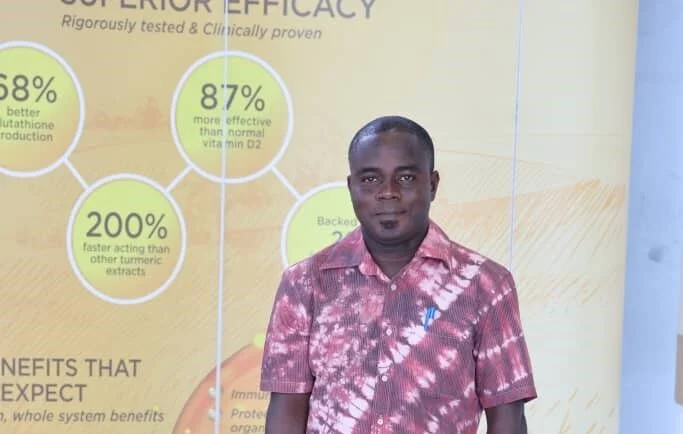The case of two Liberian journalists, Bai S.G. Best, Managing Director, and David A. Yates, reporter for the Daily Observer, highlights a disturbing trend of press intimidation and abuse of power by the Liberia National Police (LNP). Their ordeal began following their online reporting on the death of Anwar Futloo, General Manager of the Boulevard Palace Hotel. Summoned to LNP headquarters under the guise of an “invitation” by Deputy Inspector General (DIG) Simeon Frank, the journalists were subjected to threats, prolonged detention, and coercive interrogation tactics. DIG Frank accused the Daily Observer of hindering his investigation and dismissed their right to independently investigate the death, which they suspected might be a homicide.
The journalists’ experience at LNP headquarters was marked by a series of procedural irregularities and blatant disregard for their rights. Held for hours, Yates was compelled to complete a “person of interest” form and provide a statement without legal counsel. Attempts to consult their lawyer were deliberately delayed. Investigator Varney Samah further pressured Yates to authenticate a printout of their online story, raising concerns about potential manipulation of evidence. Only after Best signed a release note, dubiously classified as a “police document,” were they allowed to leave, but not before being instructed to return for further questioning.
The subsequent interactions with the LNP only intensified the harassment. Yates’s status was inexplicably changed from “person of interest” to “suspect,” adding another layer of intimidation to the proceedings. The interrogation process was further marred by delays and restrictions on Yates’s ability to consult with his lawyer while answering a questionnaire. Each response was scrutinized by DIG Frank’s office, prolonging the ordeal and reinforcing the hostile environment created by the LNP. Only after the intervention of their lawyer, Cllr. Frank Nimley, were they temporarily released, with instructions to return yet again.
The Daily Observer’s experience has sparked outrage amongst media professionals and civil society groups, who view the LNP’s actions as a direct assault on press freedom and a dangerous precedent for Liberia’s democratic future. The journalists’ attempts to uncover the truth about the hotel manager’s death have been met with intimidation and obstruction, raising serious concerns about the LNP’s commitment to transparency and accountability. The silence from Inspector General Gregory Coleman, despite a formal complaint lodged by Best detailing the harassment and demanding an apology, only amplifies the sense of injustice and impunity surrounding the case.
The core issue at stake is the fundamental right of the press to investigate matters of public interest without fear of reprisal. The LNP’s actions demonstrate a disturbing disregard for this right, transforming journalists from watchdogs of society into targets of state-sponsored intimidation. This pattern of harassment not only undermines the press’s ability to fulfill its crucial role in a democracy but also erodes public trust in law enforcement. The lack of accountability from the LNP’s leadership further exacerbates the problem, signaling a potential acceptance of such abusive practices.
The case of Best and Yates serves as a stark reminder of the fragility of press freedom in Liberia and the urgent need for authorities to uphold the rights of journalists. The continued silence from Inspector General Coleman’s office is deafening and raises questions about the LNP’s commitment to justice and accountability. The international community is watching, and the pressure is mounting on the Liberian government to ensure a thorough and impartial investigation into the LNP’s conduct and to guarantee the safety and freedom of the press. The future of press freedom in Liberia hangs in the balance, and the outcome of this case will have significant implications for the country’s democratic trajectory.














